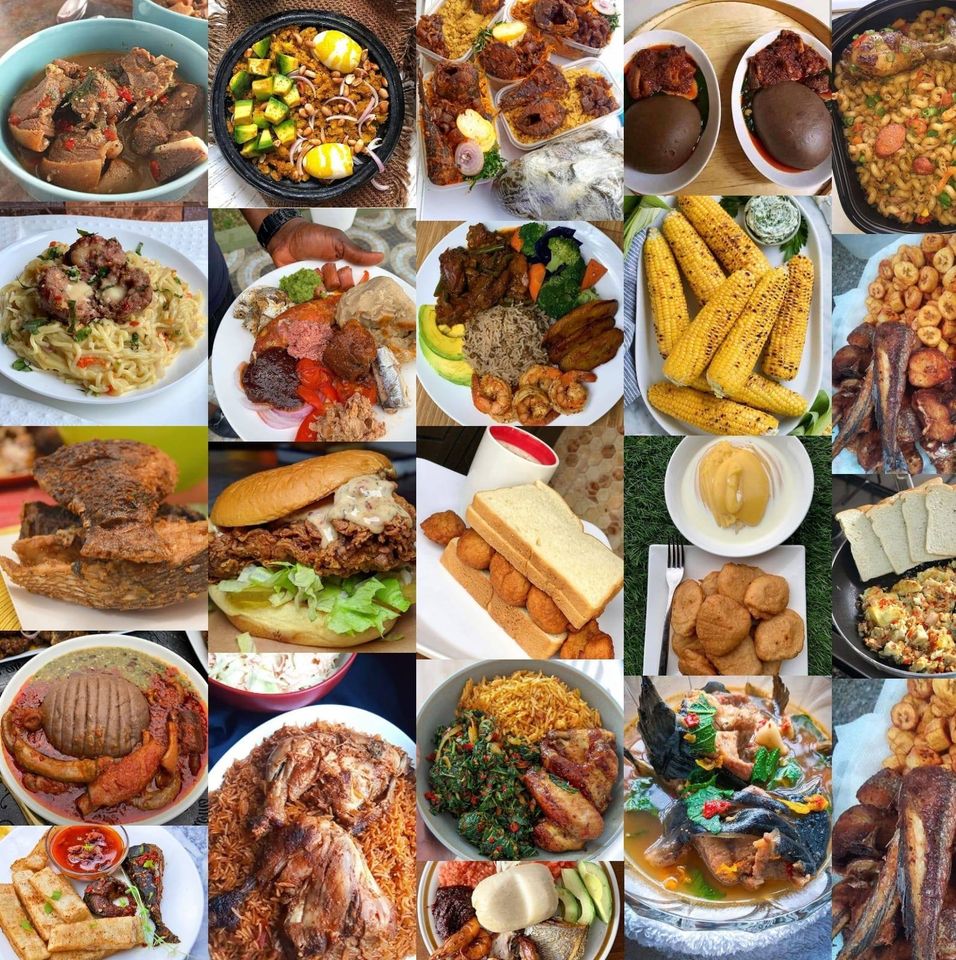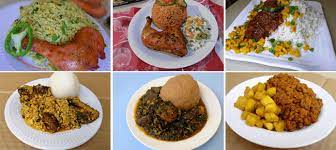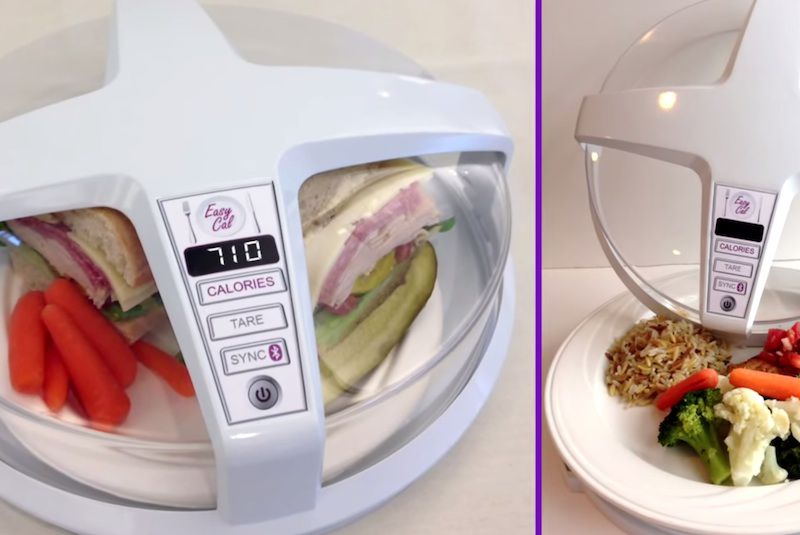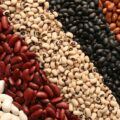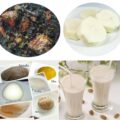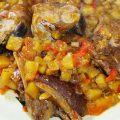Most Nigerian foods are high in calories which are linked to weight gain and obesity, but they are vital for health. They only pose a health risk when people consume more than the recommended amount. When thinking about calories, you should not be considering just your diet but also your level of physical activity.
When we eat and drink more calories than we use up, our bodies store the excess as body fat. If this continues, over time we may put on weight. As a guide, an average man needs around 2,500kcal (10,500kJ) a day to maintain a healthy body weight. For an average woman, that figure is around 2,000kcal (8,400kJ) a day. These values can vary depending on age, size and levels of physical activity, among other factors.
All calories are not the same. You can consume 150 calories by eating a candy bar, for instance, or by eating 30 cups of ewedu. Understanding exactly what a calorie is, and why we count them, can help you make better dietary decisions.
Part of the confusion with calories comes in because calorie count alone does not determine whether a food is nutritious. It is more about the type of calorie, such as whether it supplies vitamins, minerals, and fiber or if it is void of nutrition and more of an “empty calorie.”
Calories and Weight Gain
Calories in food provide essential energy, but if you consume too many you will gain weight. These excess calories are stored as body fat. Your body needs some stored fat to stay healthy. But too much fat can cause health problems.
So how do you make sure that you don’t eat too many calories? It’s important that you understand your caloric needs. That is the number of calories your body needs to perform basic metabolic functions and daily physical activities. You can calculate your caloric needs using an online calculator. READ: Nigerian Foods That Burn Belly Fat Fast
Calories in Food
Different types of Nigerian food provide different levels of energy. That is, the three macronutrients are not all equal in the number of calories they provide. Protein and carbohydrate have less than half of the calories per gram as fat does.
Macronutrient Calories per Gram
Carbohydrate: 4 calories per gram
Fat: 9 calories per gram
Protein: 4 calories per gram
Because fat provides more calories per gram, many healthy eaters try to limit the amount of fat in their diet. But some types of fat are necessary for a healthy body. Polyunsaturated fat, for example, helps you to maintain a healthy heart. And even though carbohydrates provide fewer calories, refined carbohydrates provide fewer nutrients than complex carbs. Experts generally agree that a calorie is a calorie. It doesn’t necessarily matter where your calories come from. To lose weight, you need to consume less and burn more.
However, some calories provide weight loss benefits. For example, calories from protein are helpful in building and maintaining muscle. When you have more muscle, you are better able to stay active during the day and burn more calories. And calories from foods rich in fiber help you to feel full and satisfied throughout the day, which is helpful when trying to lose weight.
How to Count Calories
Keeping track of your calorie intake helps you better understand the amount of calories your body needs to lose, gain, or sustain a certain weight. Whatever your goal, knowing how many calories you are eating is key to getting the desired effect. One way to count your calories is by keeping a food diary and writing down everything you eat, then looking up each item’s calorie count. Another option is to download an app that counts your calories for you. Experts estimate that if you consume approximately 3,500 excess calories you will gain one pound, though this has been disputed. Along the same lines, if you want to lose one pound, you need to create a calorie deficit.
Number of Calories in Some Popular Nigerian Food
Egusi Soup
The normal Egusi soup which possesses two pieces of meat and some stock fish contains closely 700 calories per serving. Supposing that you are planning to lose weight, you should reduce your intake of Egusi soup which contains 60 percent fat. Imagine consuming a plate of egusi soup with 3 wraps of pounded yam which is about 600 calories and also imagine the more calories for people who like putting more red oil to their Egusi soup. Nigerian palm oil has about 11 percent carbohydrates.
Ewedu Soup Calories
Supposing that you are searching for a low calorie meal, you can go for the basic Ewedu soup which is usually without meat. Ewedu soup with no meat has only 97 calorie at every serving. So, those who are looking for low calorie meal should count on Ewedu soup considering the fact that her brother Gbegiri is low in calories too.
Whole Bread (Agege Bread) Calories
Just 2 slices of bread contains 234 calories, therefore consuming 4 thick slices of bread is like you are incorporating 500 calories to your daily meal. Both Saturated fats and carbohydrates especially when its much triggers weight gain. Eating bread with butter or margarine leads to weight gain.
Okra Soup Calories
It is considered as a good diet when you prepare an Okra soup with small amount of palm oil and two pieces of fish, especially those that want to lose weight. Okra soup alone contains 150 calorie per serving, and its good for people who want to shed some extra pounds. Okra soup with one or two pieces of fish and a small amount of palm oil would be very good for people who want to lose weight.
Moi Moi Calories
In here, we have prepared the calorie count in Moi Moi while made with the following ingredients;
- Half cup of white beans = 189 calories
- 1 tablespoon salt = 0 calories
- One quarter slice onion = 16 calories
- One fifth teaspoon of curry powder = 1 calorie
- Half tablespoon groundnut oil = 60 calories
- Maggi Cube = 5 calories
- One boiled egg = 70 calories
Wheat Flour Calories
Wheat flour; it should be noted that 1 cup of wheat flour is 455 calories.
Eba/Garri Calories
Garri is a Nigerian food that contains 360 calories of which 99 percent is carbohydrate. At your daily meals, at least 4 times a week, 100g contains 360 calories and when eaten with a plate of Okra soup or Egusi soup with 2 pieces of meat which is around 550 calories, you will be getting close to 800 calories from a single meal which is not good for those who are considering to lose weight.
Nigerian Stew Calories
Also, we look at the calorie count of basic Nigerian stew when prepared using the following ingredients mentioned below;
- One third Maggi chicken cubes = 3 calories
- Two tablespoon groundnut oil = 239 calories
- One quarter of onion = 16 calories
- 1 medium tomato = 35 calories
When a Nigerian stew is prepared using these basic ingredients mentioned above, it contains approximately 239 calories though the calorie increases with the number of ingredients you include to the stew. Most of the calories come from the groundnut oil. So you can reduce calories by using low calorie, low fat oils like Canola and Olive Oil.
Jollof Rice Calories
We look at the calorie count of Nigerian jollof rice when prepared using the following ingredients mentioned below;
- One tablespoon of groundnut oil = 126 calories
- One cup of raw white rice = 603 calories
- 1 tomato = 35 calories
- One quarter of an onion = 16 calories
- One fifth tsp of Thyme = 0.04 calories
- One third of Maggi Chicken cube = 3 calories
- One fifth of curry powder = 1 calorie
With the Above information in hand you can fully enter, count or calculate the total calories you are consuming daily from Nigerian foods.
Calorie Counter For Nigerian Food
Most widely recognized calorie counters do not provide accurate results for Nigerian or African food because western diets on which most of these apps are based do not have full details of Nigerian and African recipes largely because we all cook differently and there are no reasonable averages. If you are trying to lose weight, daily caloric and macro information should be balanced to at least 95%. This is why it’s a bad decision to rely on unverified entries in some of these apps. Nevertheless, you can try the following top 3 calorie counters;
MyFitnessPal is one of the most popular calorie counters right now. It tracks your weight and calculates a recommended daily calorie intake. It also contains a well-designed food diary and an exercise log.
Lose It! is another health tracker that includes an easy-to-use food diary and exercise log. You can also connect a pedometer or other fitness device. Based on your weight, height, age and goals, Lose It! provides a personalized recommendation for calorie intake.
FatSecret is a free calorie counter. It includes a food diary, nutrition database, healthy recipes, exercise log, weight chart and journal. SEE: List Of Nigerian Foods Rich In Fibre

